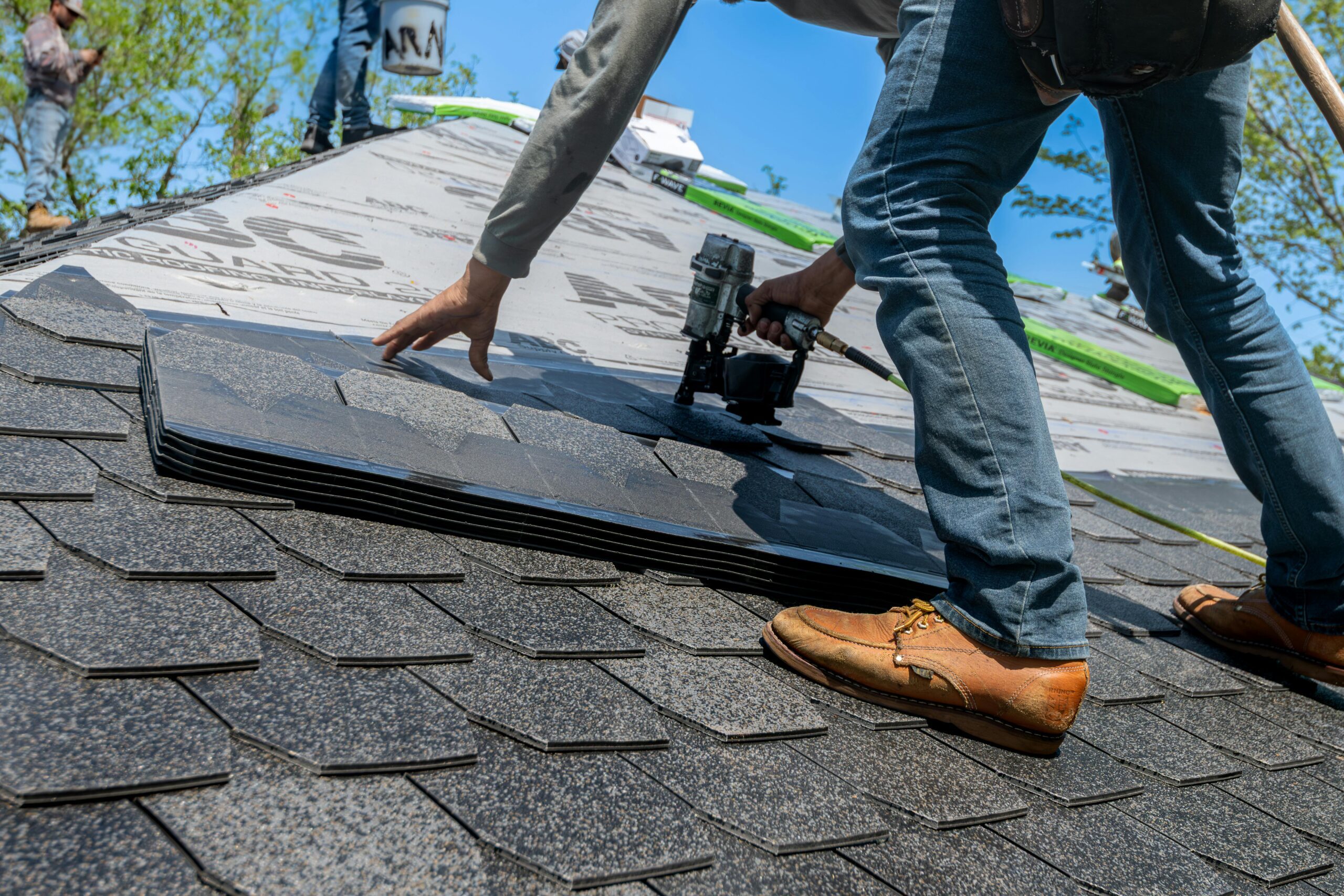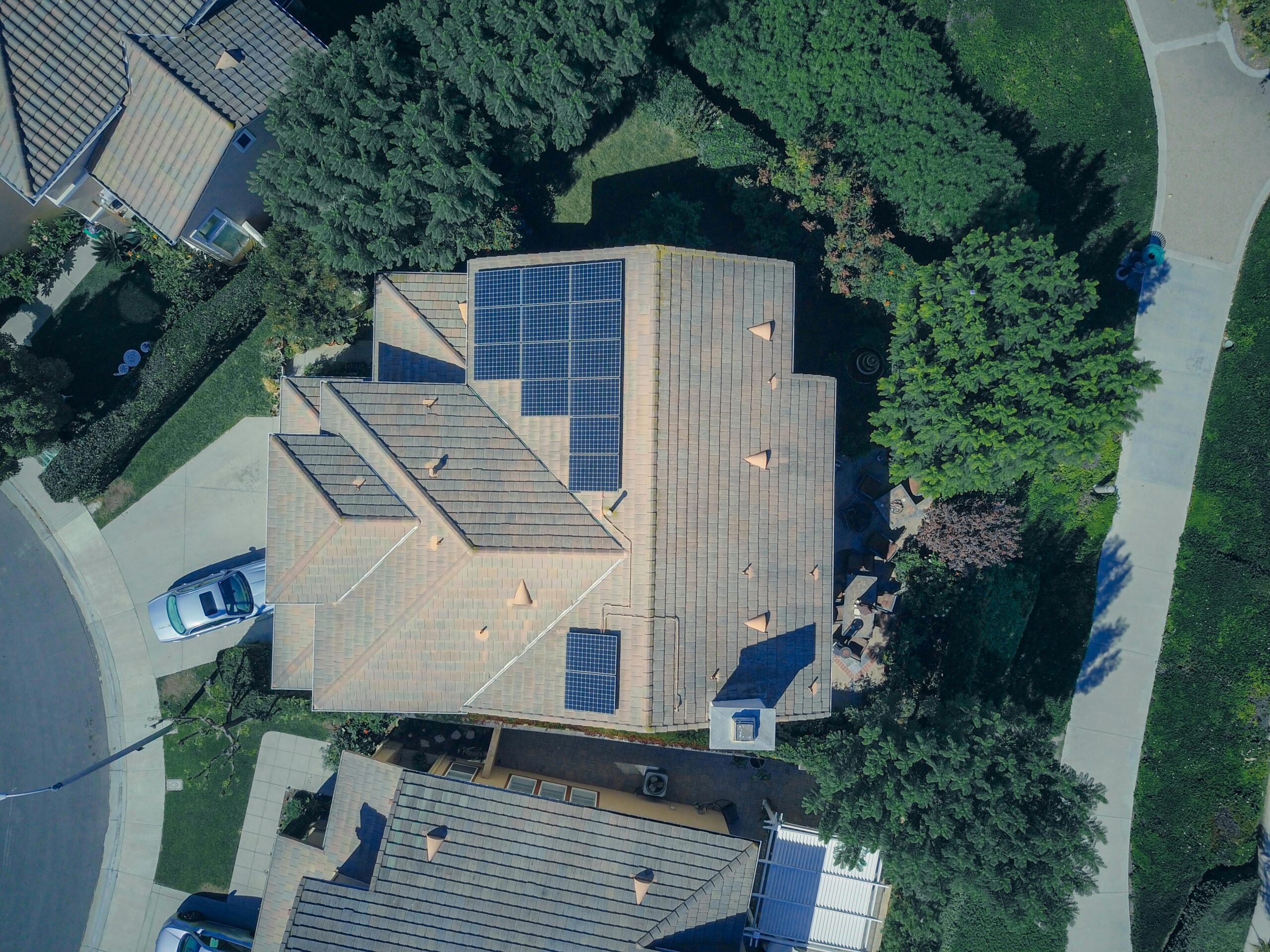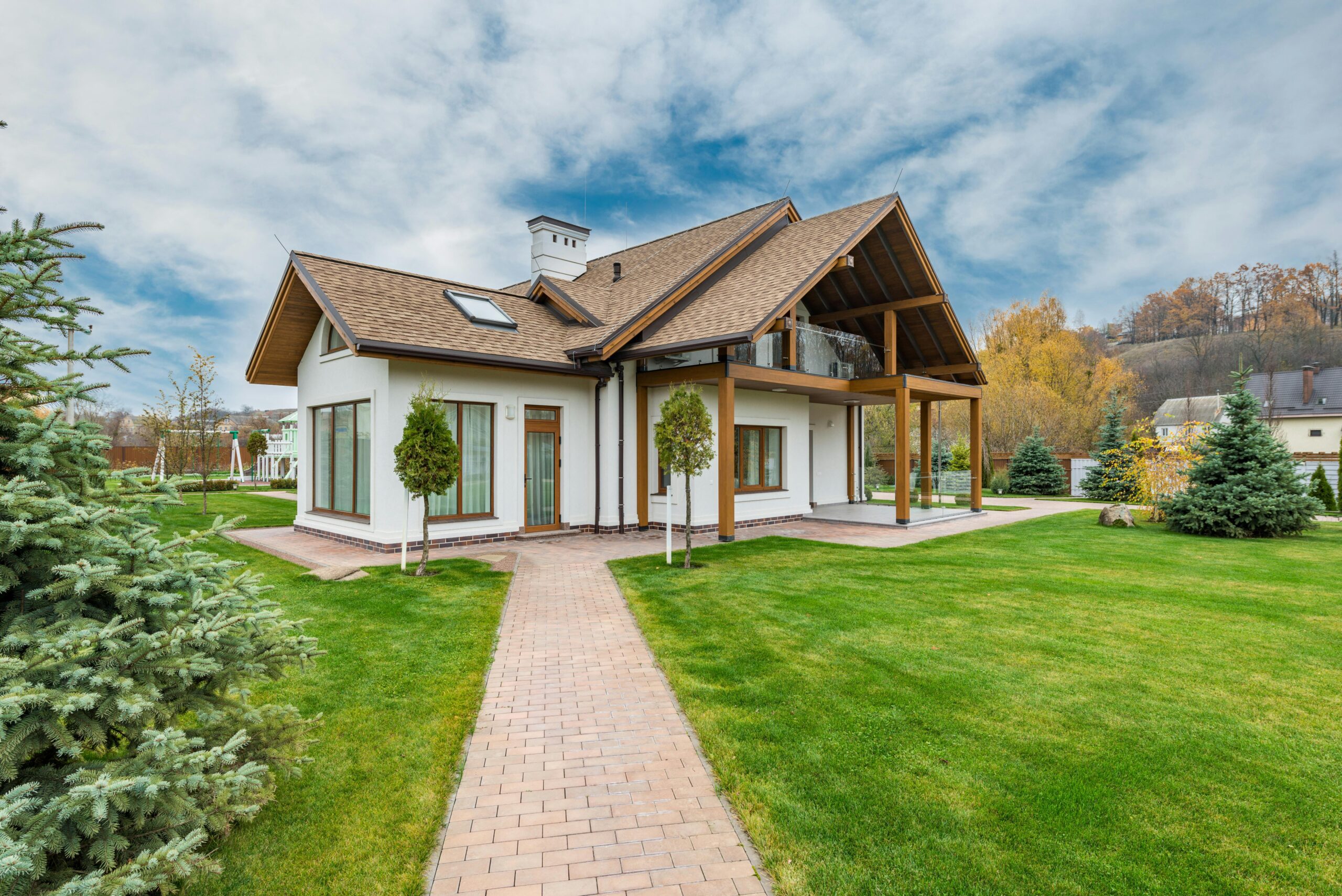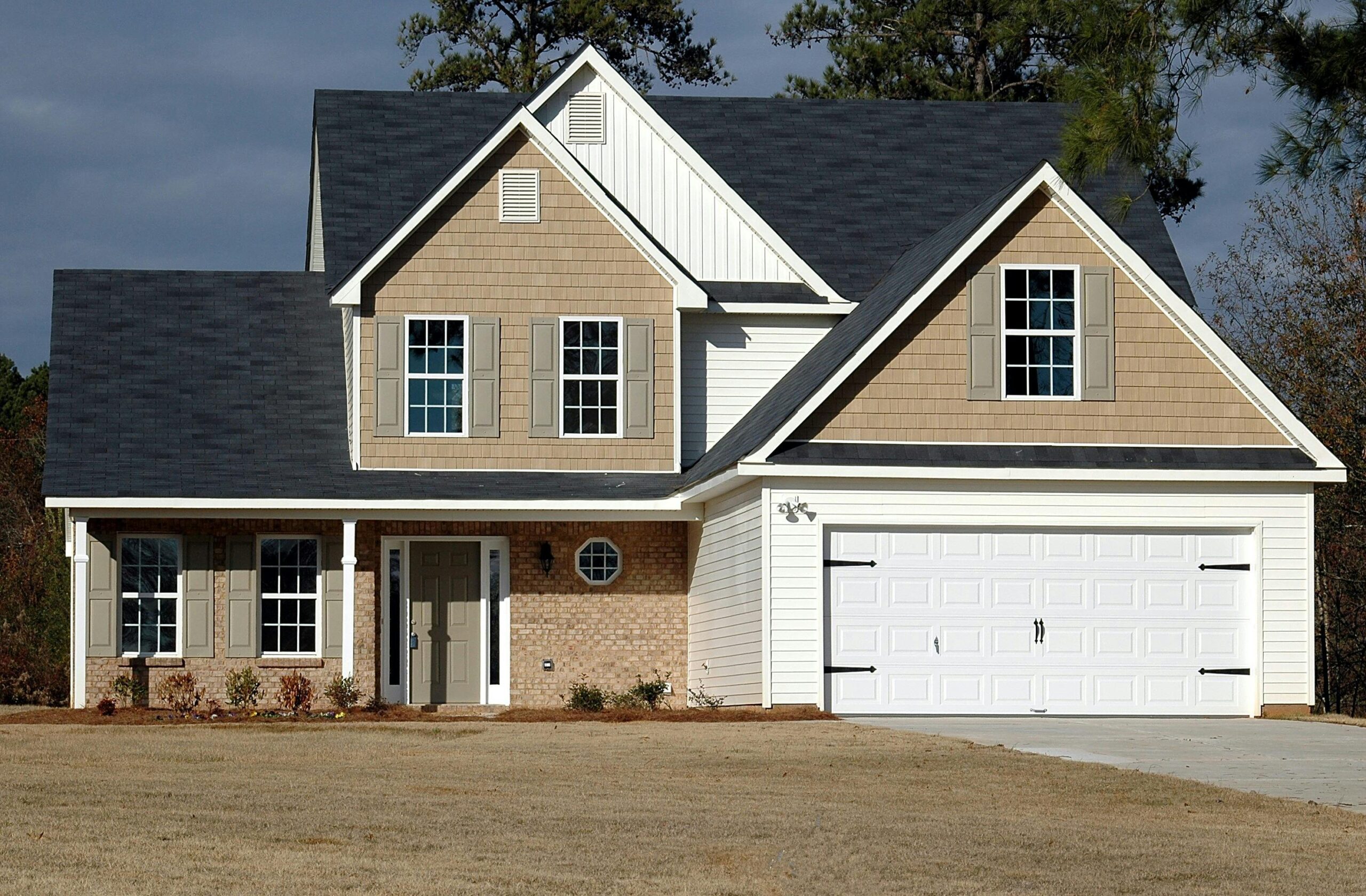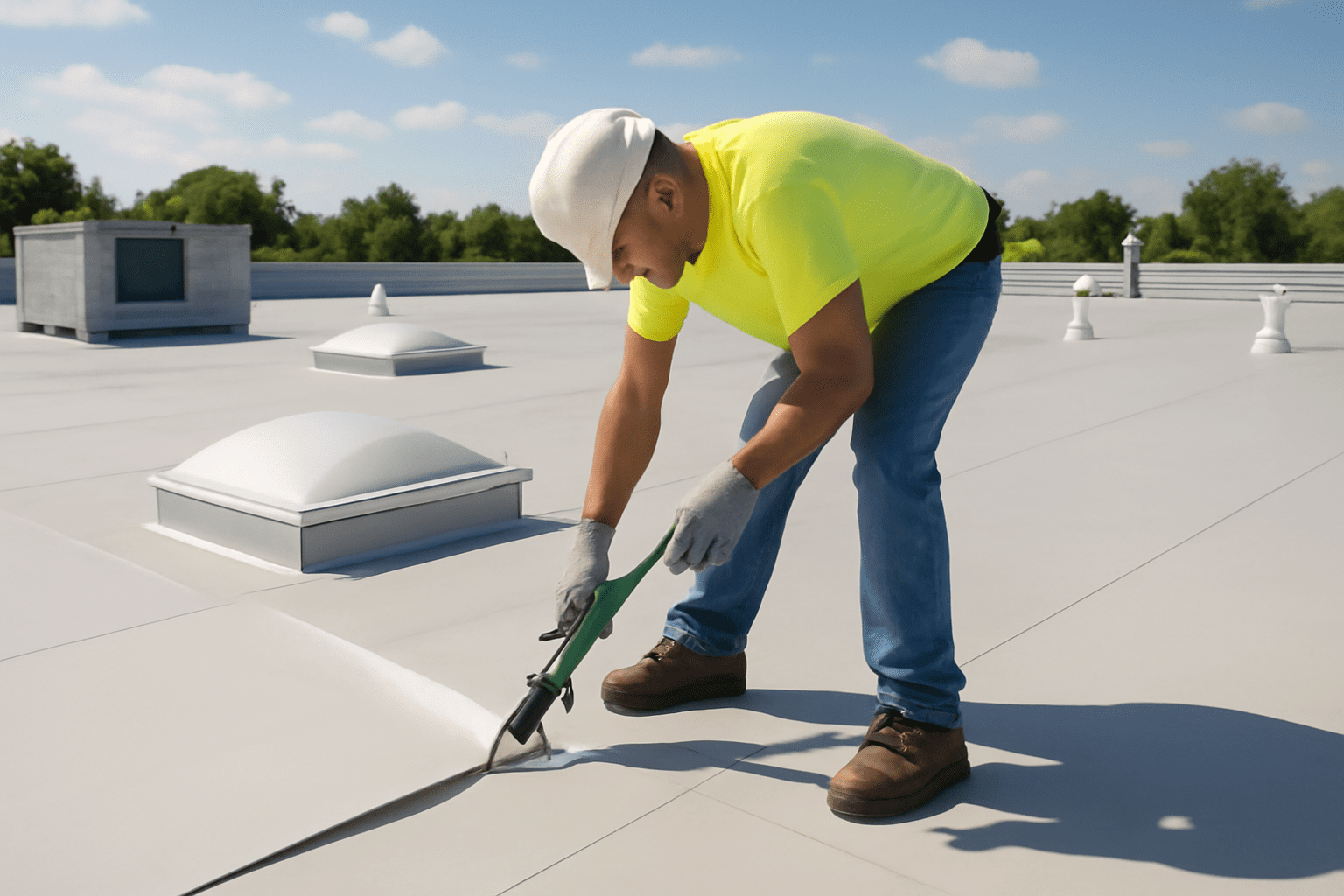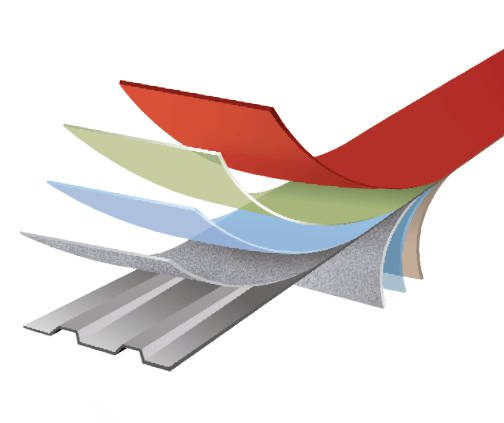FACT
As the world becomes more aware of environmental issues, there is rapidly increasing demand for environmentally-wise building materials. Metal roofing is respected as being a wise environmental choice.
ANALYSIS
Unlike conventional shingles, metal roofing does not use the resource of oil as its base. Additionally, metal roofing, with its long-life durability, is a sustainable material that will not require replacement in the future. The low weight of metal roofing often allows its application over existing roofing, meaning that landfills do not need to be burdened with torn-off roofing materials. This ability to go over the old roof also increases the structure’s thermal mass and energy efficiency. Even greater energy efficiency is achieved through metal roofing’s radiant heat reflection that keeps buildings cooler in warm weather. This efficiency lessens the need for air conditioning and lessens the smog and other pollution that is created by the production of electricity for air conditioning. The most energy efficient metal roofs tend to be aluminum roofs which have inherently high emissivity (reflectivity) with a formed thickness which puts an airspace between the metal roofing and the roof deck. Classic Products’ “hI-R Heat Barrier Finishes” can increase this efficiency through their enhanced reflection of radiant heat, even in dark colors. Additionally, the low weight of metal roofing can be beneficial by preserving the life of older structures on which it is installed. Over 30% of the base metal in steel roofing is recycled. With aluminum roofing, over 95% of the base metal is recycled aluminum.
SOLUTION
Metal roofing’s many ecological benefits make it the most environmentally-wise roofing for most applications.
Additional information on the energy efficiency of metal roofing can be obtained in Technical Bulletin #4 on Energy Efficiency.


